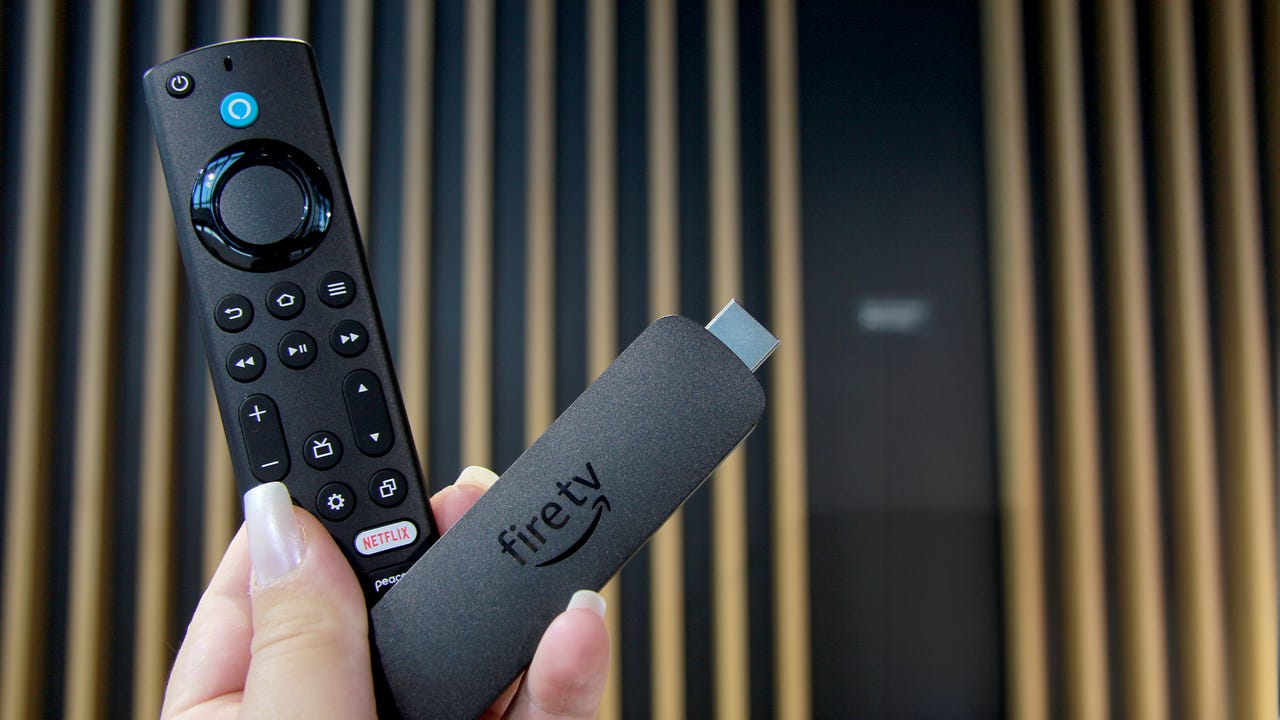'ZDNET Recommends': What exactly does it mean?
ZDNET's recommendations are based on many hours of testing, research, and comparison shopping. We gather data from the best available sources, including vendor and retailer listings as well as other relevant and independent reviews sites. And we pore over customer reviews to find out what matters to real people who already own and use the products and services we’re assessing.
When you click through from our site to a retailer and buy a product or service, we may earn affiliate commissions. This helps support our work, but does not affect what we cover or how, and it does not affect the price you pay. Neither ZDNET nor the author are compensated for these independent reviews. Indeed, we follow strict guidelines that ensure our editorial content is never influenced by advertisers.
ZDNET's editorial team writes on behalf of you, our reader. Our goal is to deliver the most accurate information and the most knowledgeable advice possible in order to help you make smarter buying decisions on tech gear and a wide array of products and services. Our editors thoroughly review and fact-check every article to ensure that our content meets the highest standards. If we have made an error or published misleading information, we will correct or clarify the article. If you see inaccuracies in our content, please report the mistake via this form.
Amazon reportedly plans to ditch Android for homegrown Fire OS

The operating system ecosystem seems quite stable and well-established. On desktops and laptops we have Windows and MacOS (and let's not forget Linux); on mobile devices, we've got the duopoly of Android and iOS, and on fixed home devices we mostly have Android and, on Apple devices, there's tvOS and audioOS (aka HomePod).
But Amazon wants to change all that, according to a report by Janko Roettgers on Lowpass. Yes, the shopping giant wants to power Echos, Fire TVs, Kindles, and its other hardware using its own platform.
Also: The 12 best Echo speakers: How do Amazon's Alexa devices compare?
Now, this new operating system -- codenamed Vega -- has been rumored for a long time. In fact, there's been talk about this ever since Amazon broke into the hardware game.
But it also made sense for Amazon to let Google do the heavy -- Android Open Source Project -- lifting, and for Amazon to create a fork of this as a foundation for its own devices.
The current Fire TV runs on an operating system called Fire OS, which is itself built off a fork of Android 9. Now, if you've got better things to do than keep track of all things Android, it might have escaped you that the latest Android is version 14, and Android 9 was released in August 2018.
Would it be easier for Amazon to own the whole codebase? After all, a lot of the Android codebase revolves around things that smartphones and tablets need to do, stuff Amazon doesn't need. Building an operating system is a lot of work, but given that the company already has a huge development team working on software to power its devices, it might be something that pays off.
Also: The Raspberry Pi 5 cracks passwords twice as fast as my Pi 4, but there's one issue
Then, as Roettgers reminds us, things have been fractious between Amazon and Google, with the search giant once going as far as trying to force hardware makers not to build Amazon smart TVs.
Amazon having its own operating system would free it from possible future Google hassles.
This also makes sense.
Also: These are the best Android tablets you can buy
Amazon's business model is much different from Apple's and Google's -- and from all the other players that are selling hardware. Amazon isn't selling hardware, it's selling services and solutions. Sure, to a lesser extent, you could say this about Apple and Google – especially Apple – but Amazon doesn't need to make its money from the hardware. Amazon is happy to sell the hardware dirt cheap – a Fire TV stick is $40, and an Echo Show is $90 – and make its money on the other end.
Unless Amazon wants to break big time into smartphones or tablets -- and there's nothing to say that it won't, but that's a cutthroat-race-to-the-bottom market – then Amazon's Vega is no threat to Android or iOS. In fact, the average user isn't going to notice or care about the switch or what their Amazon device is running.
